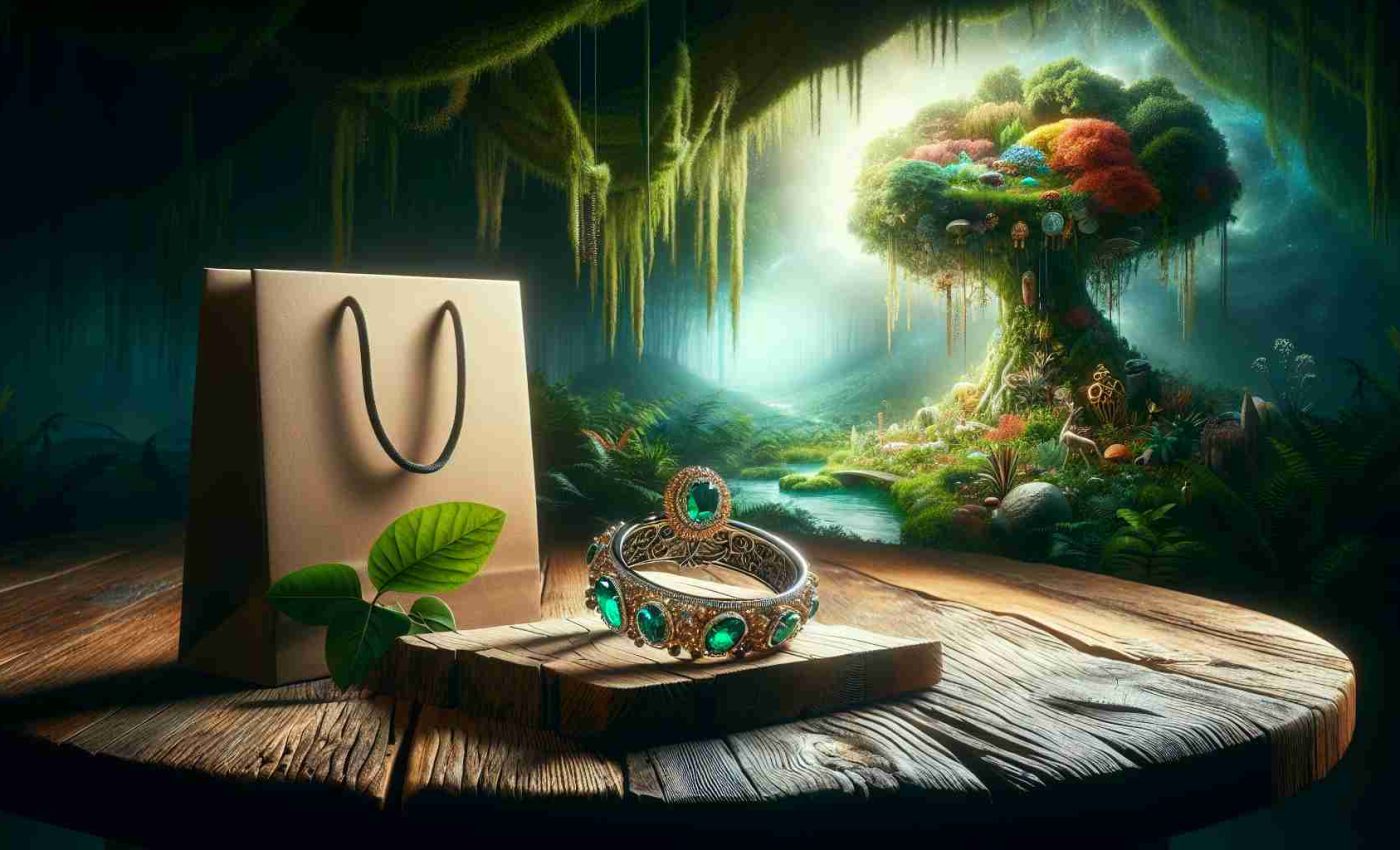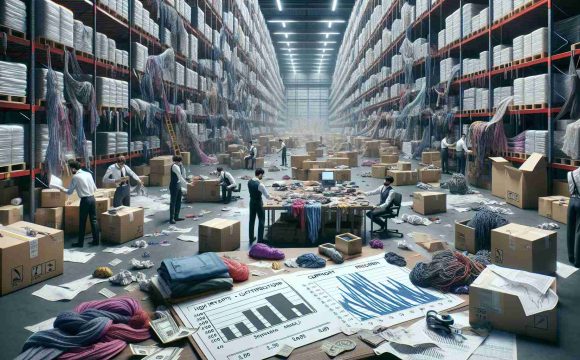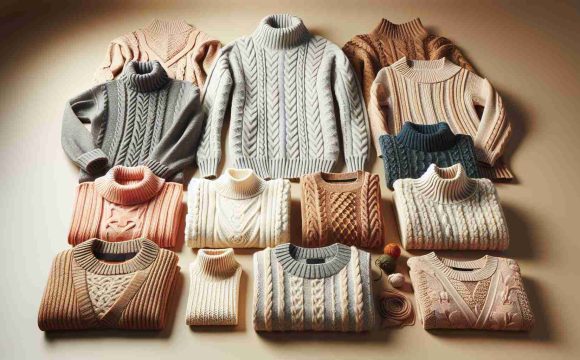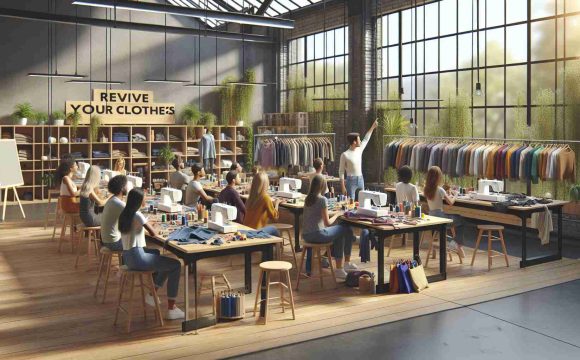Amidst the challenges facing the luxury market, such as decreasing purchases from the Chinese market and the looming threat of new tariffs from the United States, the fashion industry is seeking innovative solutions to steer a new course.
Italian fashion and luxury companies are now looking towards sustainability as a key strategy to recalibrate their businesses. Carlo Capasa, president of the Italian National Chamber of Fashion, emphasized the need for companies to accelerate towards sustainability, focusing not only on creating sustainable products but also on educating consumers about the importance of sustainability.
Shifting the focus from simply reducing harmful emissions, Capasa highlighted the broader aspects of sustainability, including social responsibility, product durability, recycling, circular economy practices, and biodegradability.
Protecting businesses within the sector, particularly small artisanal firms among the 60,000 fashion enterprises in Italy, is paramount. While the fashion industry is projected to experience a 3.5% decrease in revenue by the end of the year, certain segments like jewelry, perfumes, cosmetics, and eyewear are seeing a notable 12% increase.
Looking ahead, concerns are rising over the potential impact of new tariffs, particularly those targeting Italian-made fashion goods exported to the U.S. With fears of disruptions in the industry, attention is turning towards the role that Europe may need to play in safeguarding exports in the face of changing trade policies.
Exploring New Horizons: Embracing Holistic Sustainability in the Luxury Industry
In the midst of the evolving landscape of the luxury market, the spotlight is increasingly turning towards a comprehensive approach to sustainability as a crucial pillar for navigating the challenges and uncertainties that lie ahead. While the shift towards sustainability is already underway in the fashion industry, there are several key questions and considerations that continue to shape this transformative journey.
What are some additional dimensions of sustainability that luxury brands are beginning to prioritize?
Beyond the conventional focus on environmental sustainability, luxury brands are now emphasizing the significance of social impact and ethical practices throughout their operations. From ensuring fair labor practices in the supply chain to promoting diversity and inclusivity in marketing campaigns, a holistic approach to sustainability is becoming increasingly vital for brand reputation and consumer trust.
What are the main challenges associated with transitioning to a more sustainable business model in the luxury sector?
One of the key challenges faced by luxury brands in embracing sustainability is striking a balance between maintaining exclusivity and accessibility. Given the traditional image of luxury as inherently exclusive, there is a fine line to tread in democratizing sustainable practices without diluting the brand’s prestige and allure. Moreover, the investment costs involved in sustainable sourcing, production, and distribution can pose financial challenges for companies, particularly smaller artisanal firms.
What are the advantages and disadvantages of adopting sustainability in the luxury industry?
Embracing sustainability in the luxury industry offers a myriad of advantages, ranging from enhanced brand reputation and competitiveness to driving innovation and fostering long-term resilience. By aligning with evolving consumer preferences for ethically produced and environmentally conscious products, luxury brands can forge deeper connections with a new generation of socially conscious consumers. However, the transition to sustainability may also present disadvantages such as higher production costs, operational complexities, and the need for substantial organizational change.
As the luxury sector navigates the uncertainties brought forth by geopolitical shifts and economic challenges, the imperative to embrace sustainability as a fundamental ethos rather than a fleeting trend is becoming increasingly apparent. By redefining luxury through the lens of responsible practices and mindful consumption, brands can not only weather the current crisis but also carve out a sustainable path towards a brighter future for the industry.
For further insights on sustainable practices in the luxury sector, explore Luxury Daily.







